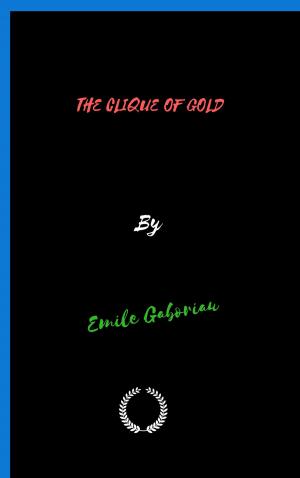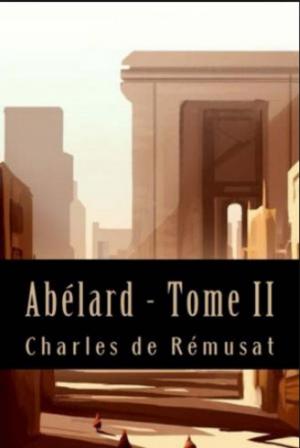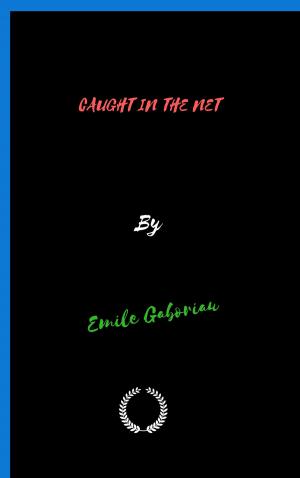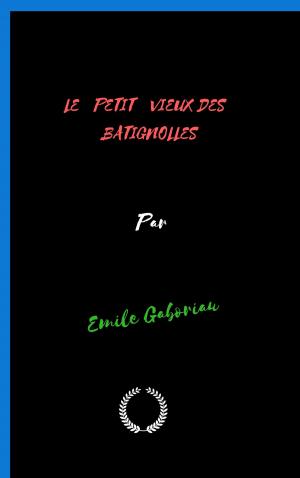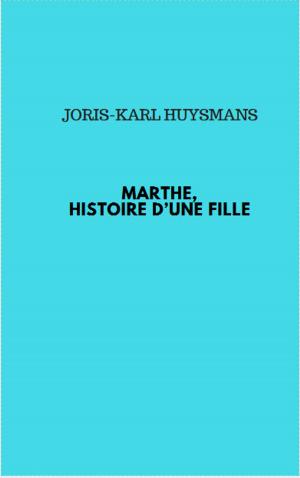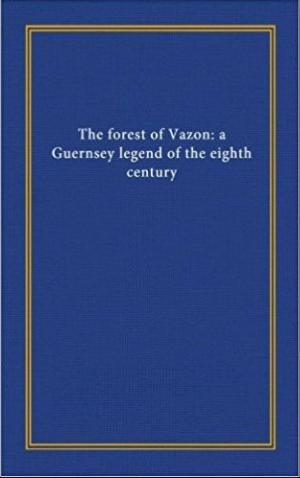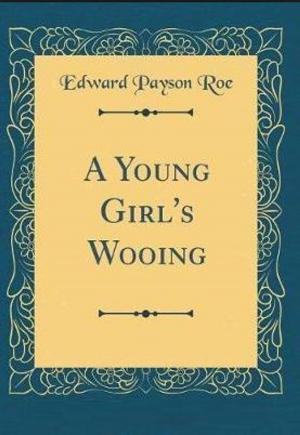| Author: | EDWARD PEPLE | ISBN: | 1230002423593 |
| Publisher: | Jwarlal | Publication: | July 12, 2018 |
| Imprint: | Language: | English |
| Author: | EDWARD PEPLE |
| ISBN: | 1230002423593 |
| Publisher: | Jwarlal |
| Publication: | July 12, 2018 |
| Imprint: | |
| Language: | English |
King Ninus sat his war horse, gazing sadly out across the walls of Zariaspa. His cheek was bronzed by the brush of many winds, his muscles hardened by the toil of battle in a hundred lands; the blood of dauntless youth ran riot in his veins, yet it whispered at his heart that the King had failed.
Behind him the mountains of Hindu-Kush towered, dull and purple, in the morning light, their peaks obscured in coils of snake-like mist. Southward they ran, a ragged line of hills, till they reached the height of Hindu-Koh and claimed a brotherhood with the mighty Himalayas. To right and left the hill-steeps lay, a barren waste of rock and stunted shrubbery, while at the feet of Assyria's King stretched fertile valleys, and the plains of Bactria reaching away to the banks of the River Oxus.
In the centre of the plain stood Zariaspa, the city which defied Assyria's might, a fortress whose walls rose thirty cubits above the earth, grim, battle-scarred, but still unconquered. Within, the defenders feasted from a never ending store of food which seemed to drop by magic from the brazen skies, while without, a hungry host of besieging foes sat, cursing, in the sand.
So Ninus sat upon his horse in troubled thought, a monarch cheated of his heart's desire—cheated by craft and prowess more subtle than his own. To his side rode Menon down a mountain trail, a Prince of the house of Naïri, now travel-stained from a baffled hunt for the secret of Zariaspa's store of food. He made report, and Ninus listened, silent, nodding slowly, frowning at the distant walls.
In feature and form these two were as oddly matched as the sons of a kindred race might be. The King was of massive frame and corded thews, a leader of men who ruled by the right of might, who offered to those he loved an open hand—to his enemies a hard-clenched fist. Haughty of mien was he, with the eyes of a restless hawk burning beneath the shadow of his brow; his strong, square chin lay hidden in his beard, while from his helm swept a mass of hair, resting in thick, oiled curls upon his shoulders.
The Prince beside him was but a boy in years, with a beardless face of beauty to look upon, a slender, nimble frame, yet hardened in the school of hunting and of war. Where Fate was pleased to mark his path, there Menon[#] rode with a loose, free rein, mocking at danger as he played at love, yet scorning not discretion's padded shield.
[#] This name is known to modern writers as Onnes or Cannes, but the historian Diodorus called him Menon and this name has been used by the author throughout.
Where Ninus smashed his way through the bristling ranks of opposing force, Menon skimmed in crafty circles till he found the weakest point, then cut it cleanly, as the swallow cuts the wind. Where Ninus frowned and crushed obedience to his will, there Menon bought devotion's merchandise with the price of a joyous laugh; yet the boy, withal, had need to lean upon the arm of power, while the King was a king from helm to heel, a lord to whom his mighty armies gave idolatry and the tribute of their blood.
King Ninus sat his war horse, gazing sadly out across the walls of Zariaspa. His cheek was bronzed by the brush of many winds, his muscles hardened by the toil of battle in a hundred lands; the blood of dauntless youth ran riot in his veins, yet it whispered at his heart that the King had failed.
Behind him the mountains of Hindu-Kush towered, dull and purple, in the morning light, their peaks obscured in coils of snake-like mist. Southward they ran, a ragged line of hills, till they reached the height of Hindu-Koh and claimed a brotherhood with the mighty Himalayas. To right and left the hill-steeps lay, a barren waste of rock and stunted shrubbery, while at the feet of Assyria's King stretched fertile valleys, and the plains of Bactria reaching away to the banks of the River Oxus.
In the centre of the plain stood Zariaspa, the city which defied Assyria's might, a fortress whose walls rose thirty cubits above the earth, grim, battle-scarred, but still unconquered. Within, the defenders feasted from a never ending store of food which seemed to drop by magic from the brazen skies, while without, a hungry host of besieging foes sat, cursing, in the sand.
So Ninus sat upon his horse in troubled thought, a monarch cheated of his heart's desire—cheated by craft and prowess more subtle than his own. To his side rode Menon down a mountain trail, a Prince of the house of Naïri, now travel-stained from a baffled hunt for the secret of Zariaspa's store of food. He made report, and Ninus listened, silent, nodding slowly, frowning at the distant walls.
In feature and form these two were as oddly matched as the sons of a kindred race might be. The King was of massive frame and corded thews, a leader of men who ruled by the right of might, who offered to those he loved an open hand—to his enemies a hard-clenched fist. Haughty of mien was he, with the eyes of a restless hawk burning beneath the shadow of his brow; his strong, square chin lay hidden in his beard, while from his helm swept a mass of hair, resting in thick, oiled curls upon his shoulders.
The Prince beside him was but a boy in years, with a beardless face of beauty to look upon, a slender, nimble frame, yet hardened in the school of hunting and of war. Where Fate was pleased to mark his path, there Menon[#] rode with a loose, free rein, mocking at danger as he played at love, yet scorning not discretion's padded shield.
[#] This name is known to modern writers as Onnes or Cannes, but the historian Diodorus called him Menon and this name has been used by the author throughout.
Where Ninus smashed his way through the bristling ranks of opposing force, Menon skimmed in crafty circles till he found the weakest point, then cut it cleanly, as the swallow cuts the wind. Where Ninus frowned and crushed obedience to his will, there Menon bought devotion's merchandise with the price of a joyous laugh; yet the boy, withal, had need to lean upon the arm of power, while the King was a king from helm to heel, a lord to whom his mighty armies gave idolatry and the tribute of their blood.




